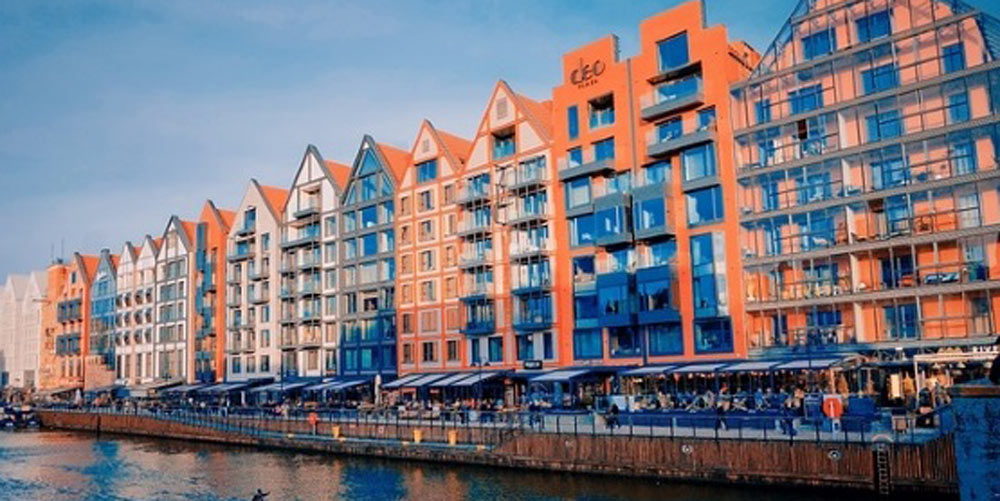Frankfurt, 14 March 2023 – We need an ambitious revision of the Energy Performance of Buildings Directive (EPBD) to enable the green transition of the European building stock and create more sustainable and healthier living conditions for all Europeans. EuroWindoor therefore welcomes the adoption of the European Parliament report on the EPBD today.
The text adopted in plenary contains significant improvements to the European Commission proposal. European window, door and facade manufacturers now call on the EU Institutions to start the trilogue negotiations without any further delay.
The European Parliament position provides a clear and realistic roadmap, both for building owners and industry to accelerate the annual renovation rate across Europe. EuroWindoor particularly supports the new provisions put forward by the Parliament to introduce a more holistic approach to buildings, moving beyond energy performance requirements to address all building parameters, so also environment and health.
Specifically, the European Parliament managed to strengthen the Commission proposal as regards:
- better factoring in health and comfort with a new article on Indoor Environmental Quality (IEQ) and new definitions (healthy indoor climate, indoor environmental quality);
- strengthened definition of zero-emission buildings;
- greater recognition of Energy Efficiency First principle, benefits of passive building systems and the overall role of the building envelope for the energy performance of buildings;
- faster roll-out of Mandatory Energy Performance Standards (MEPS) and harmonisation of Energy Performance Certificates (EPCs) to trigger the renovation of worst performing buildings; and
- more ambitious and faster roll-out of whole life carbon thresholds in new buildings.
Unfortunately, the text adopted by the Parliament still does not consider the relevance of the energy balance approach, failing to include the g-value for transparent elements of the building envelope in the Energy Performance Certificates (ANNEX V). In addition, while we welcome the new provisions on IEQ, more specific methodologies for IEQ parameters are needed, especially as regards daylight, IAQ and overheating. The necessary introduction of LCA requirements for new buildings will strongly influence the future building design for the decades to come. So it will be critical that while improving the energy performance and cutting CO2 emissions in buildings, health aspects are tackled at the same time. Otherwise, there is a risk to repeat the same mistake as with nZEB buildings where energy design was strengthened, often at the expense of daylight and overheating mitigation. It is time for a more holistic approach, factoring in all relevant building parameters.
The European Parliament position represents a strong basis for the upcoming trilogue negotiations and we call on all EU institutions to ensure an ambitious outcome. The current EPBD does not sufficiently factor in IEQ parameters, so the new provisions put forward by the European Parliament must be reflected in the final legislation. Without the right legislative framework, Europe will not be able to transform its building stock into one which is energy efficient, decarbonised but also healthy. The European window, door and facade manufacturers are ready to help deliver.
Press Contact:
Miriam Weppler
EuroWindoor General Secretariat
Walter-Kolb-Str. 1-7
60594 Frankfurt / Germany
Phone: +49 (69) 95 50 54 – 36
Fax: +49 (69) 95 50 54 – 11
Email: GS@EuroWindoor.eu
